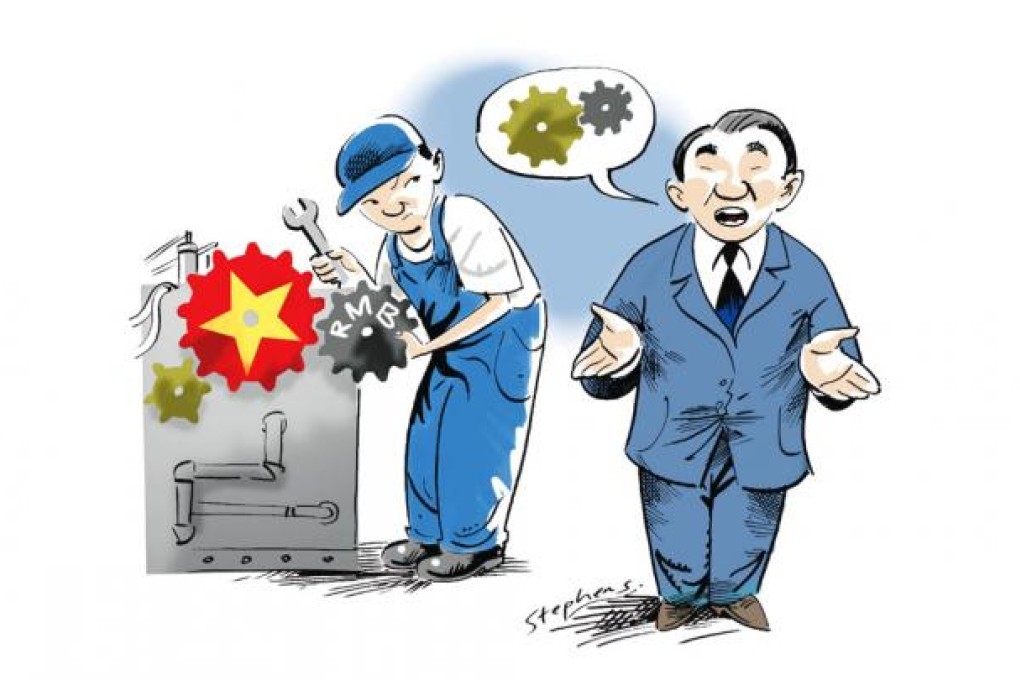China's pro-market reforms must not be on paper only
Andy Xie says the Chinese government's fine words about retooling the economy will ring hollow unless it begins to, for a start, roll back the state's influence in the market and cut taxes

The government's Central Economic Work Conference last weekend emphasised quality over quantity for China's future development. It is a laudable objective. But, unless the government is revamped, it will be hard to accomplish.
The government has talked about rebalancing the economy and shifting to consumption for a decade now. Yet, the consumption level today is lower than ever. Unless credible and drastic changes are implemented soon, the talk about quality may end up being just talk, like that about rebalancing.
China has reaped dividends from its membership of the World Trade Organisation and its favourable demographic trends. These twin dividends have led to a surge in the country's share of global trade, which in turn raises income and savings. The government has used part of its riches well, building good infrastructure to support manufacturing growth and urbanisation.
Unfortunately, image projects, grey income and asset bubbles have also risen to claim a share of the pie. The massive and wasteful stimulus in 2008 amplified the anomalies in China's economy. At the same time, the twin dividends are running out. The debt crises in the West signalled the end to the WTO dividend, and the shortage of blue-collar labour, as reflected in wages increasing faster than exports, points to the end of the demographic dividend. The economy has tumbled since the second half of 2011.
The recent recovery is probably just perception, fuelled by misleading statistics. While industrial contraction probably ended in September due to a pick-up in exports, no strong growth in industry is discernible at the micro level. Most statistics can mislead, including figures on electricity, industrial production and retail sales. China's economy has not grown much this year, certainly not close to the level the official statistics suggest.
China's economic model is investment-led - that is, build first and wait for the demand. In this model, the return on capital is low, as the capacity is wasted during the waiting time. When this model is extended, the real return on investment becomes negative. It needs a source of money to keep it going.
China's property bubble has played that role. The WTO and demographic dividends first became export income that turned into bank deposits. Through land sales and taxes on property transactions, they became fiscal revenue. And, the fiscal revenue became subsidies for manufacturing activities through cheap land and tax concessions. Many manufacturing companies have themselves depended on property development for profits.